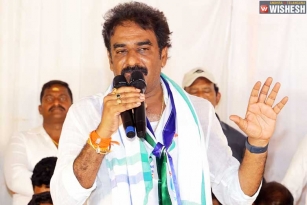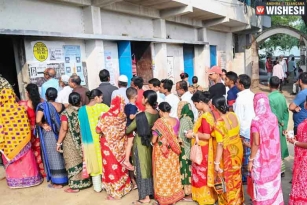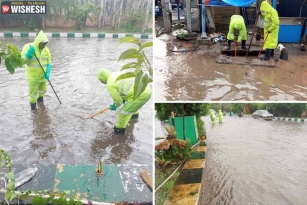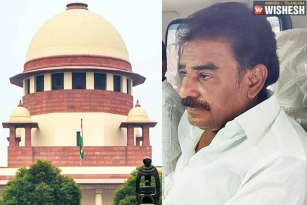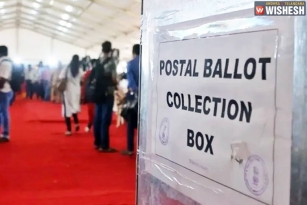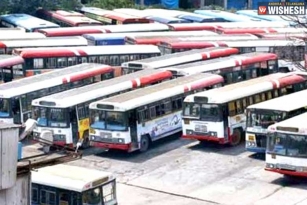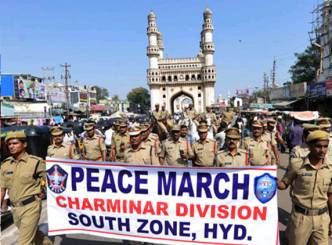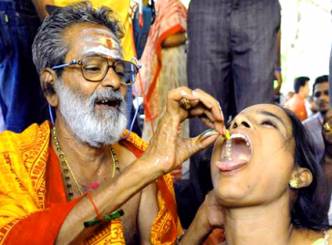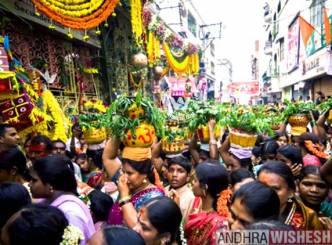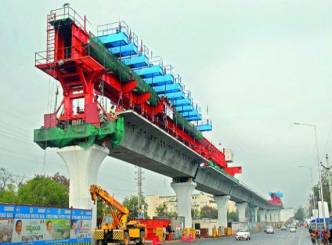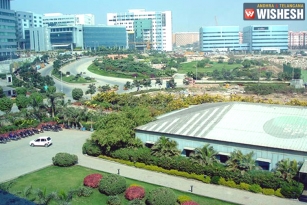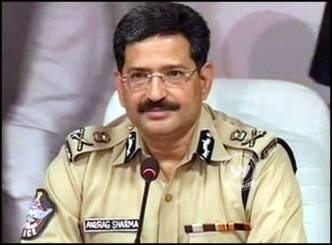'Sustainable Hyderabad' spells fears of doomsday for the capital?
February 16, 2013 08:50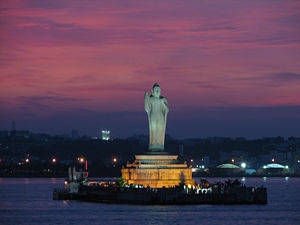
Heavy showers welcome the weekend in the twin cities. However it was a pleasant morning today across the capital. There was heavy rain last night and hail storm too in Adilabad district. Whatever be the reasons there are wide projections over the future of the capital. It is foreseen that the city would suffer climate highs as much as 50 degrees during summers, lows below to minus levels in winters and the worst in rainy seasons is that often we would be experiencing nearly 8 cm of rainfall. The predictions are due in 2050, does that mean we are leading our favorite destination towards doomsday?
This was the conclusions made by an independent study conducted on the weather changes in a project, 'Sustainable Hyderabad' which was embarked on by a few German scientists. Is it not alarming?
The research conducted on global parameters had taken into account the changes in weather since the last five years. Then the first set of projections were released at the state capital by the team. At the moment we experience a maximum temperature of 40 -42 degrees in the hottest summers and imagine if we have to go through 50 degrees that sounds dogmatic!
In winters a rainfall of 2-3 cm itself floods the roads and the drains start over flowing. Imagine 8 cm rainfall just at every turn would only result in utter chaos. It would be a horrendous task to get out of a traffic jam, which in all probability might take more than hours of long wait.
However what could be the reasons to this adverse situations in future. Wishesh made a brief talk with our weather experts and came to the conclusion that apart from global warming, our attitude to convert the majestic city into a concrete jungle adds to the problems. Depletion of ground water levels and uprooting trees had also there contributions to the present state of affairs.
Henceforth to make our city more liveable and lovable let us vow to plant more trees and stop wasting water. A modest beginning to a healthy future of the city. (Wishesh AarKay)








